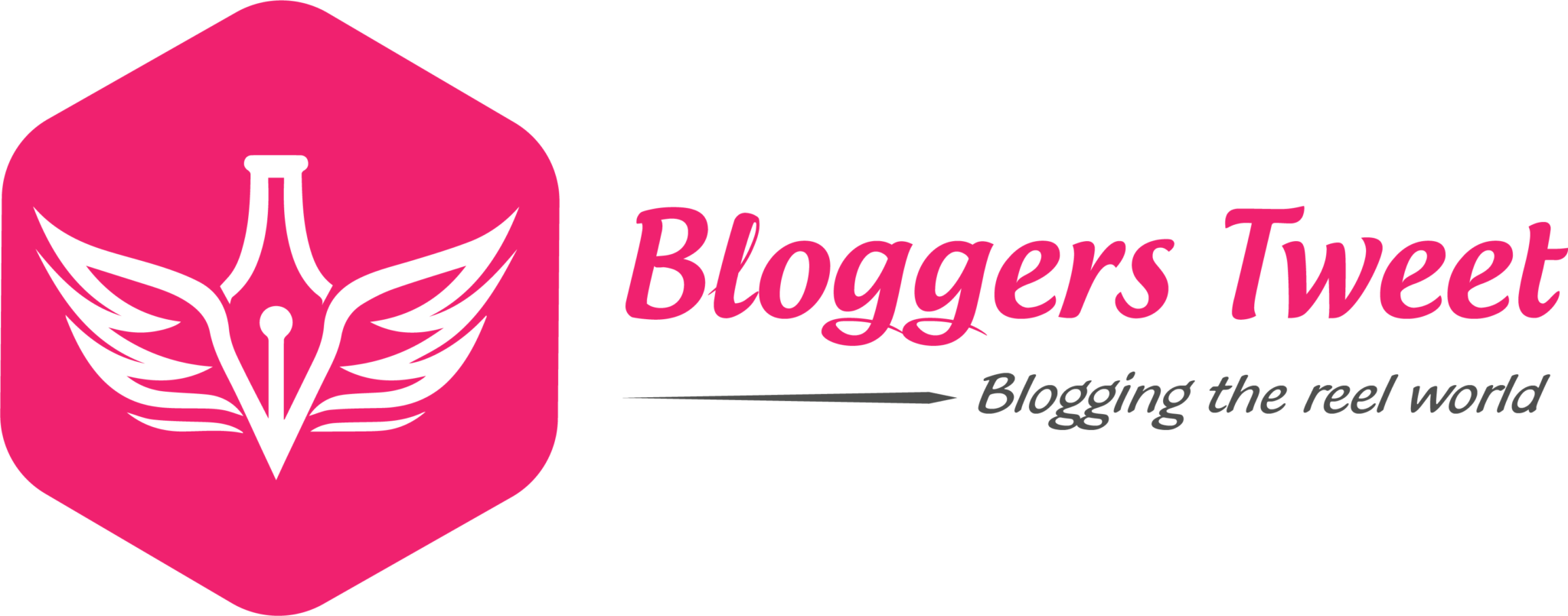It takes more than just a decent, or even fantastic, idea to create a profitable firm. You must have a strong sense of organization, flexibility, and creativity as well as a talent for paying meticulous attention to details without ever losing sight of the larger goal. Additionally, you should be ready to give up certain personal interests. These nine fundamental suggestions, which provide links to more guidance, will assist you in launching and maintaining any kind of business.
IMPORTANT NOTES
- Among other things, being creative, having strong organizational abilities, and maintaining concentration are necessary for starting and expanding a firm.
- It is critical to be aware of your competitors, especially with regard to any actions they may be taking that you may wish to emulate or enhance.
- Be ready to give up some personal things because you will most likely work more for yourself than for someone else.
What makes a business successful?
A company that is lucrative over the long term is well-organized and deliberate in its use of plans and strategies. These companies generate dependable, consistent goods and services, hold a sizable portion of the market, and have great brand recognition and loyalty. It frequently takes persistence, tolerance, and passion for the good or service you wish to offer to manage a profitable business.
A business can set goals and offer an outline for success by creating a business plan and marketing strategy outline to monitor progress. To differentiate yourself from the competition and become more visible in your industry, it’s critical to maintain your motivation and continuously seek out new business opportunities.
Tips For Growing A Successful Business
1: Define Your Vision Start by emphasizing the importance of a clear and compelling vision for your business. Share insights into how having a well-defined purpose can act as a guiding light during challenging times. Provide tips on crafting a vision that inspires both you and your team.
2: Cultivate a Positive Company Culture Explore the impact of a positive work environment on overall business success. Discuss the value of creating a company culture that fosters collaboration, innovation, and a sense of purpose. Share personal experiences or success stories that highlight the benefits of a positive workplace.
3: Embrace a Growth Mindset Encourage readers to adopt a growth mindset, emphasizing the belief that challenges are opportunities for learning and improvement. Provide examples of successful entrepreneurs who have embraced failure as a stepping stone to success. Share tips on fostering a growth mindset within your business.
4: Build Strong Relationships Highlight the significance of building positive relationships with customers, suppliers, and collaborators. Discuss the role of effective communication, empathy, and trust in establishing lasting connections. Share anecdotes or case studies that showcase the positive impact of strong business relationships.
5: Adaptability in the Face of Challenges Address the inevitability of challenges in the business world and emphasize the importance of adaptability. Share personal experiences or stories of businesses that have successfully pivoted in the face of adversity. Provide practical tips on developing a flexible and resilient business strategy.
Having a creative business concept
A brilliant idea that is both original and inventive is the basis of many successful enterprises. In other words, your business idea will either give customers access to goods and services that they now cannot get or will display them in a more approachable manner. Being an entrepreneur means that you should not follow in the footsteps of others or provide a service or product that isn’t innovative and novel.
Entrepreneurs are frequently driven to launch a company when they see a need or want that the market isn’t currently filling. They are out-of-the-ordinary thinkers who don’t mind defying tradition. For your business idea to succeed, it must fulfill the needs and exceed the expectations of the target market you are attempting to attract.
You can use the value proposition canvas as one tool to assess the viability of your business idea. Perhaps you have a lot of excellent ideas and are unsure which to follow. A strategic tool that can assist you in assessing how well your business idea aligns with the expectations of your target market is the value proposition canvas. This tool is used by a lot of business owners, firms, and organizations to make sure they are bringing a successful idea to market.
Here’s a list of ten potentially lucrative business sectors in India, along with key points:
Information Technology (IT) Services:
- India is a global IT outsourcing hub.
- Key services include software development, IT consulting, and business process outsourcing (BPO).
- Growing demand for digital transformation and technological solutions.
E-commerce and Online Retail:
- Booming e-commerce market driven by increased internet penetration.
- Key players: Amazon, Flipkart, and others.
- Opportunities in niche markets and emerging e-commerce segments.
Healthcare and Wellness:
- Rising health consciousness and an aging population.
- Opportunities in healthcare services, pharmaceuticals, and wellness products.
- Growing demand for telemedicine and digital health solutions.
Renewable Energy:
- Government focus on clean energy and sustainability.
- Opportunities in solar and wind power projects.
- Incentives for renewable energy businesses.
Food and Beverage Industry:
- Growing population and changing consumer preferences.
- Opportunities in food processing, organic products, and innovative cuisines.
- Rise of food delivery and cloud kitchens.
Education and E-learning:
- Increased emphasis on education and skill development.
- Opportunities in online education platforms and vocational training.
- Growing demand for tech-driven learning solutions.
Real Estate and Construction:
- Urbanization and infrastructure development projects.
- Opportunities in residential and commercial real estate.
- Growing demand for sustainable and smart buildings.
Financial Technology (Fintech):
- Rise of digital payments and financial inclusion initiatives.
- Opportunities in mobile banking, digital wallets, and peer-to-peer lending.
- Government support for a cashless economy.
FMCG (Fast-Moving Consumer Goods):
- Consistent demand for everyday consumer products.
- Opportunities in personal care, hygiene, and packaged foods.
- Focus on sustainable and eco-friendly products.
Tourism and Hospitality:
- Rich cultural heritage and diverse landscapes attract tourists.
- Opportunities in hotels, travel agencies, and niche tourism experiences.
- Increasing focus on sustainable and responsible tourism.
When considering starting a business, it’s crucial to conduct thorough market research, assess local regulations, and adapt your strategy to the specific needs of your target audience. Additionally, it’s recommended to stay updated on current trends and market dynamics.
Finding the best employee online
Define Clear Job Requirements:
- Clearly outline the skills, qualifications, and experience required for the position.
- Specify any soft skills or cultural fit attributes that are important for your company.
Use Reputable Job Portals:
- Post your job openings on reputable job portals and career websites.
- Platforms like LinkedIn, Indeed, Glassdoor, and Naukri.com are widely used for recruitment.
Leverage Social Media:
- Utilize social media platforms to reach a wider audience.
- Share job openings on your company’s LinkedIn, Twitter, and Facebook profiles.
- Join relevant industry groups and communities to connect with potential candidates.
Create an Engaging Job Description:
- Craft a compelling job description that highlights the benefits of working with your company.
- Clearly communicate the responsibilities, opportunities for growth, and any unique aspects of the role.
Implement a Robust Screening Process:
- Use online application forms to collect relevant information from candidates.
- Screen resumes and cover letters to shortlist candidates based on qualifications and experience.
Conduct Video Interviews:
- Use video interviews to assess candidates remotely.
- Platforms like Zoom, Skype, or specialized interview platforms can facilitate this process.
Assess Technical Skills:
- If the role requires specific technical skills, consider using online assessments or tests to evaluate candidates’ proficiency.
- Online platforms like HackerRank or Codility are useful for technical assessments.
Check Online Portfolios:
- For creative or technical positions, review candidates’ online portfolios or GitHub repositories to assess their work.
- LinkedIn profiles can also provide additional insights into candidates’ professional background.
Seek Employee Referrals:
- Encourage your current employees to refer qualified candidates.
- Many companies offer referral bonuses to motivate employees to recommend potential hires.
Utilize Professional Networks:
- Leverage professional networks, such as LinkedIn, to connect with industry professionals.
- Participate in relevant forums, discussions, and groups to build relationships with potential candidates.
Consider Freelance Platforms:
- Platforms like Upwork or Freelancer can be used to identify freelancers or part-time employees for specific projects.
- This can be a way to assess a candidate’s skills before offering a full-time position.
Conduct Background Checks:
- Once you’ve identified potential candidates, conduct thorough background checks to verify their qualifications and employment history.
Remember, the key is to be thorough in your evaluation process and to communicate clearly with candidates. Also, stay updated on the latest trends in online recruitment to adapt your strategies accordingly.


